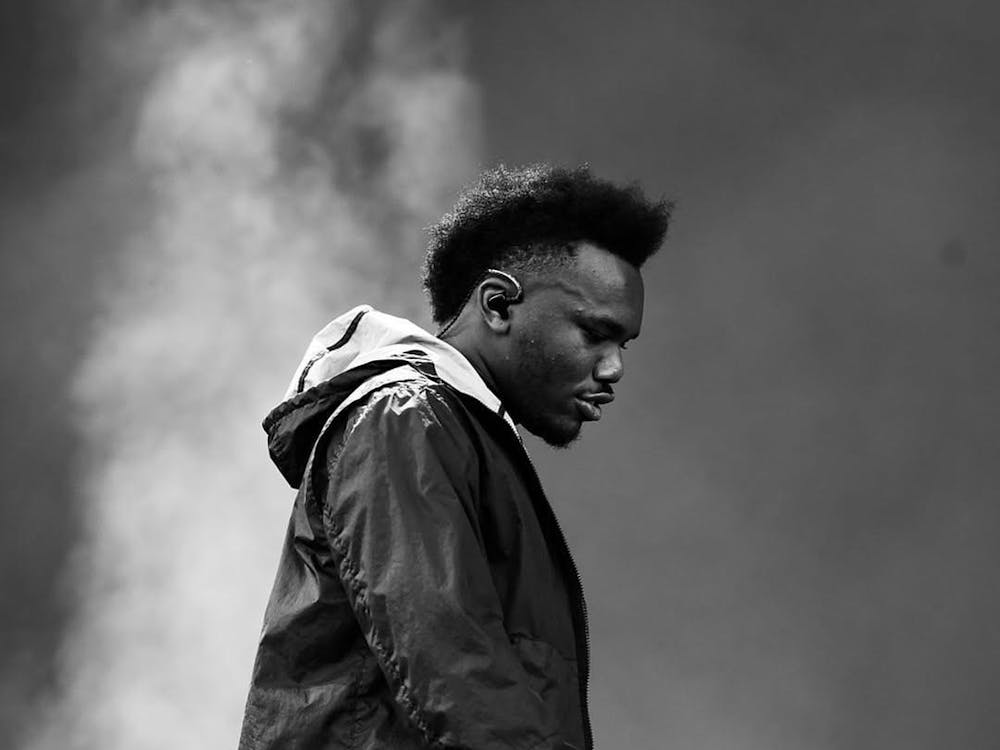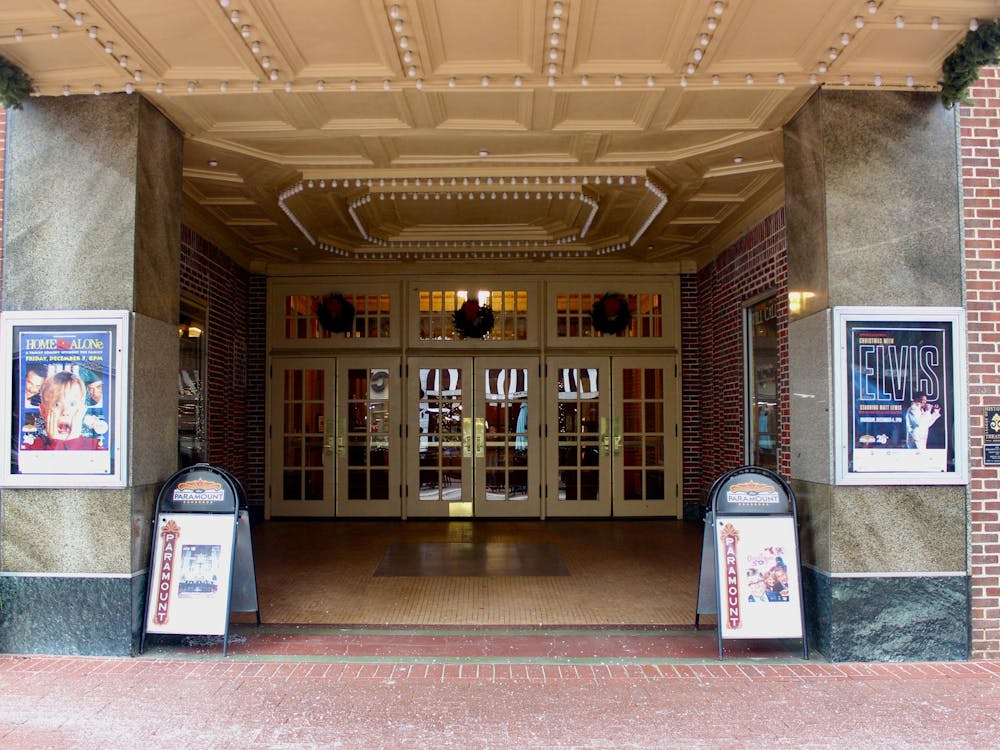“Don’t it always seem to go, that you don’t know what you’ve got ‘til it’s gone?” Joni Mitchell asked in her 1970 single “Big Yellow Taxi.” Mitchell may have been singing about paving paradise to put up a parking lot, but her message applies just as well to the way in which we, as a society, tend to approach pop culture.
Rather than embrace the fashion, TV, music and movies of the moment, we spurn the current cultural output and turn toward the highlights of the past. And while the ‘80s are making a major comeback on the fashion front, we millennials have set our sights more intently on the supposedly “innocent” decade of suicidal grunge musicians, presidential sex scandals, tube-top-clad teenagers, frosted tips and, perhaps most egregiously of all, the ‘Rachel haircut.’
In the eyes of our generation, the ‘90s have come to represent a sort of calm before the storm. The economy was good, the music our parents let us listen to was upbeat and, perhaps most importantly, we were kids and young teens, unburdened with the frantic college apps and job searches that would come to plague us years later.
It makes sense, then, that we should look back at the decade of our childhood with a sense of nostalgia. As almost any member of any generation will attest, life gets tougher as we grow older, and if reminiscing about our grade-school years can perk us up in the midst of grueling exams and 80-hour work-weeks, then we may as well reminisce away. That said, when it comes to the pop cultural world, nostalgia often distorts rather than calms and relaxes, and living in the past can have a dangerous and distracting effect on both the way we view art and the way we live in general.
The millennials have taken to looking at the ‘90s through the rosiest lenses imaginable. Moaning and groaning about Katy Perry’s flat pitch and Justin Bieber’s girlish tones, we create playlist after playlist of “‘90s Faves,” forgetting that icons like Sophie B. Hawkins, Mariah Carey and *NSYNC’s Justin Timberlake received the same sorts of criticism when their tracks first hit the airwaves during the so-called “golden decade.” What’s more, we momentarily disregard Adele, Rita Ora, Fun., and every other contemporary artist of innovation and value when we insist that, compared to that of the ‘90s, today’s music amounts to a steaming heap of garbage.
In terms of television, we rely upon this same selective and revisionist approach to cultural analysis, applauding family-friendly sitcoms like Boy Meets World and Full House for their earnestly cheesy style of comedy, even as we disparage stations like The Disney Channel and ABC Family for employing a similar sense of “innocence” and formulaic normalcy, and we pay no mind to the innovative structure on display in shows like Modern Family when we categorically dismiss today’s offerings.
To be fair, outside of the realm of family sitcoms, it’s hard to fault ’90s classics like Friends and Seinfeld, but it’s similarly difficult to take issue with the vast array of selections put forth by HBO, Showtime, Starz and now Netflix in the post-2000 world. And I’ll take the glamour and glitz of Revenge and Gossip Girl over the bleak fashion trends and bland faces on display in programs like Felicity and Home Improvement any day.
A similar pattern emerges in the film world. Despite producing some undeniable masterpieces, ‘90s-era Hollywood tended to be more interested in high-concept comedies and television spin-offs than in provocative or daring material.
To be clear, I do not intend to condemn the pop culture of the ‘90s — doing so would amount to the same sort of cultural revisionism that I mean to critique, and I’m just as guilty of glorifying the decade of Ace of Base, Shania Twain and Good Will Hunting as are most of my peers, despite my qualms with grungy clothing and Jim Carrey comedies.
But there’s no denying that the unqualified celebration of the past, be it of the 1990s or of the 1920s, leaves us with a corrupted view of pop cultural development and an unfair lack of appreciation for the present moment. After all, without modern innovations like Netflix and Spotify, how could we watch old seasons of Ally McBeal or jam out to “Don’t Speak” and “Semi-Charmed Life” at our leisure?






